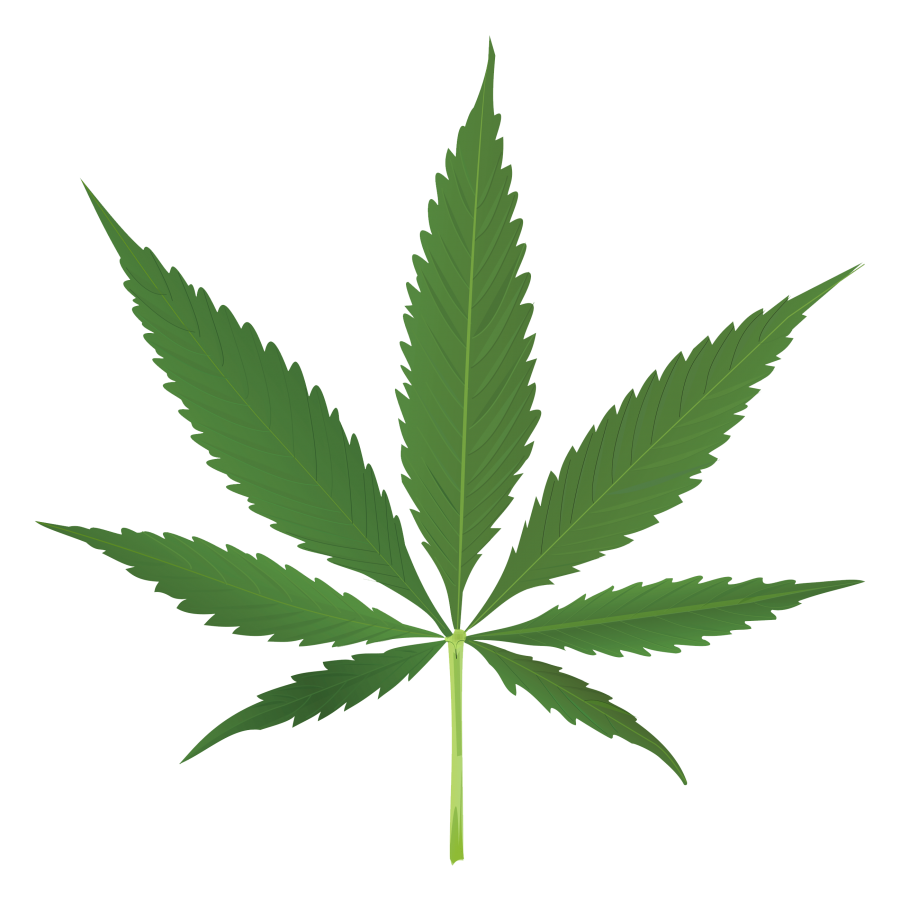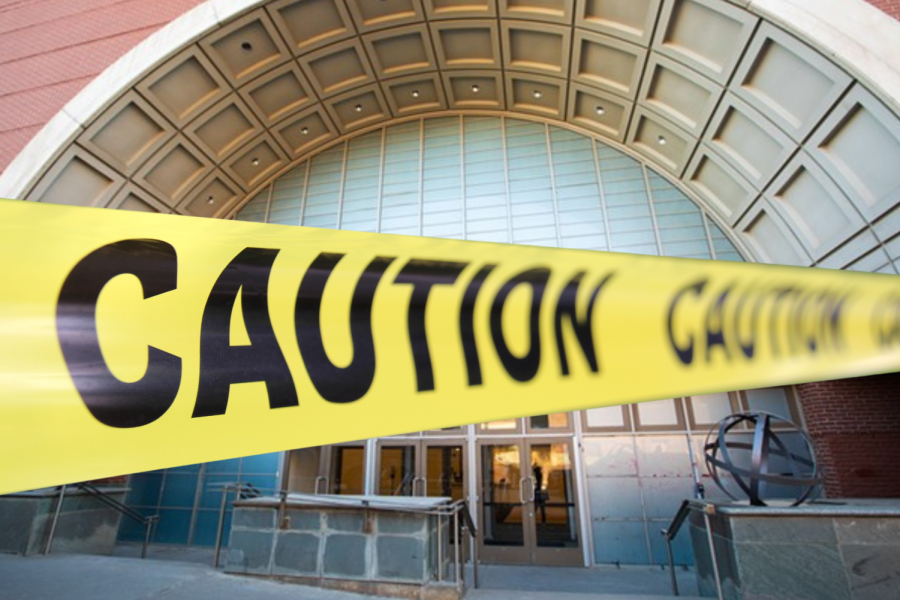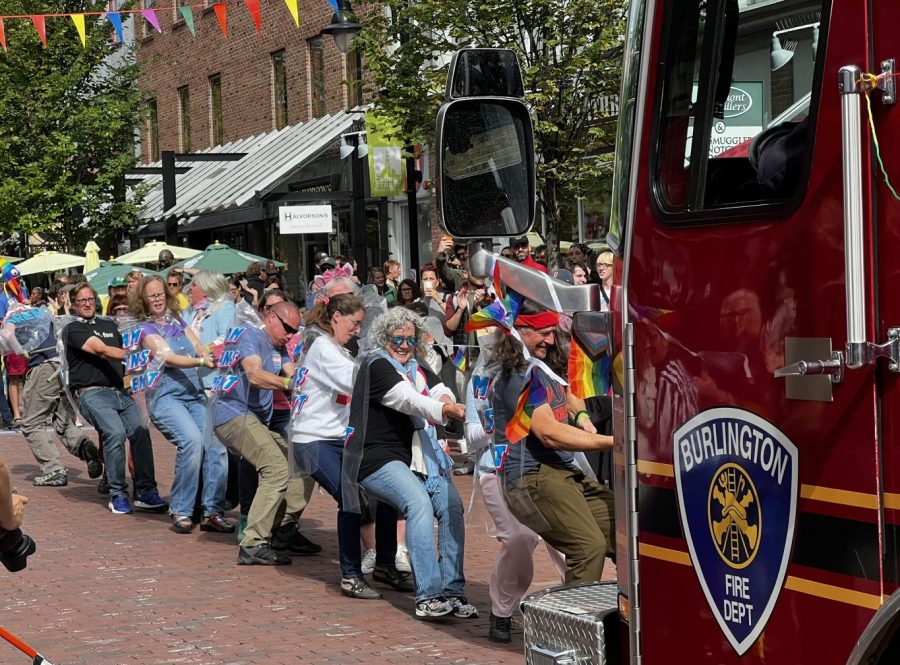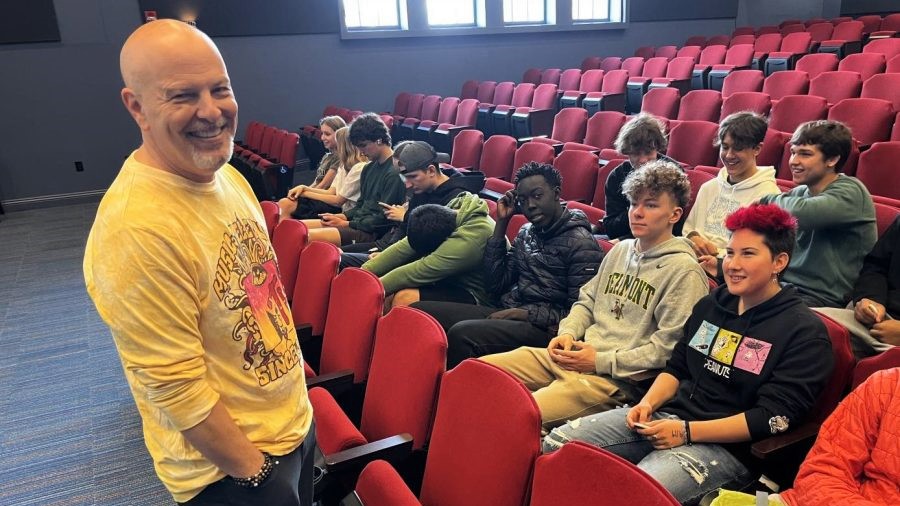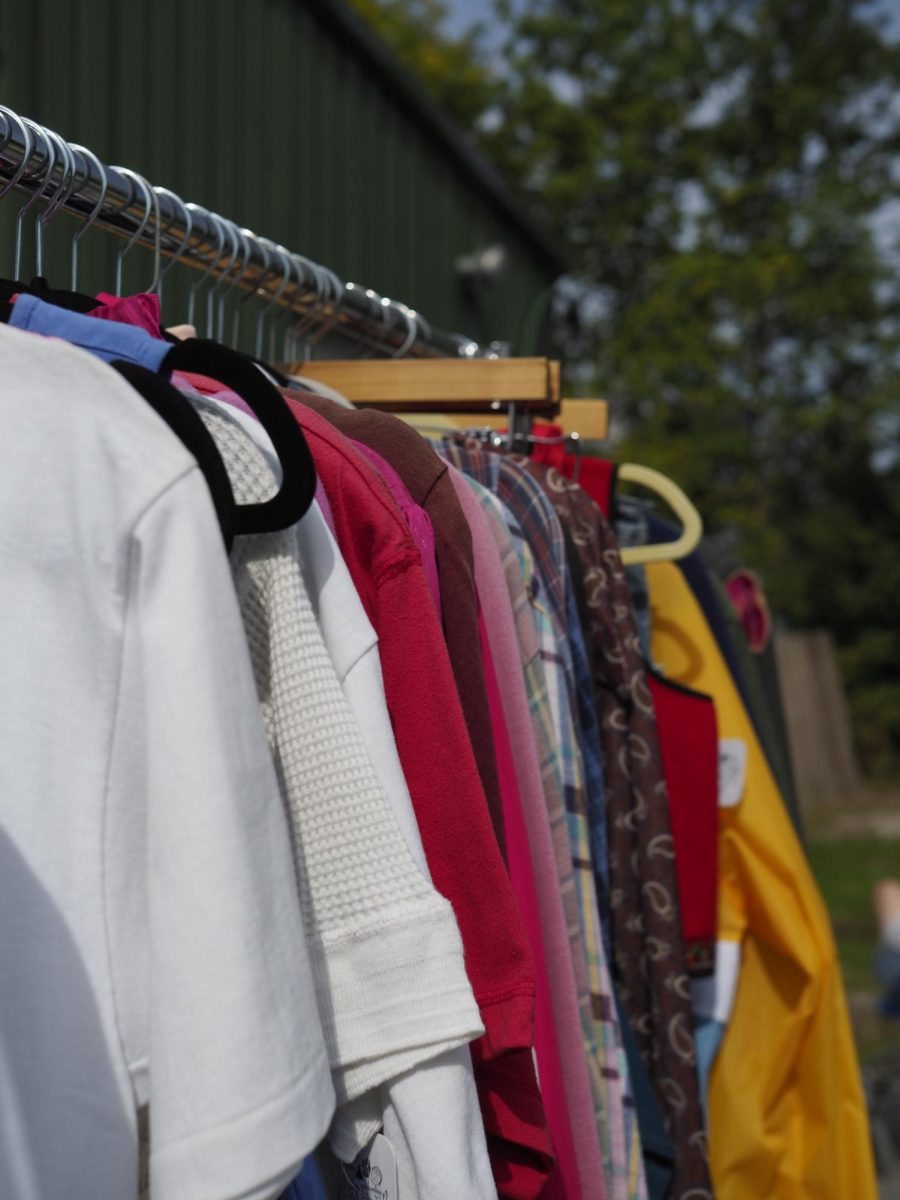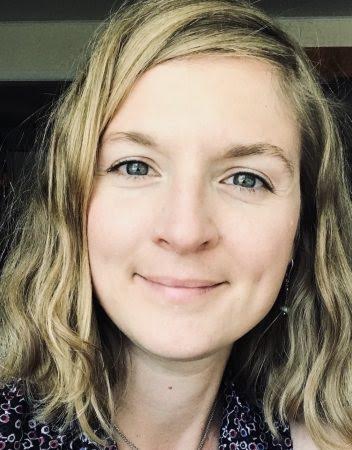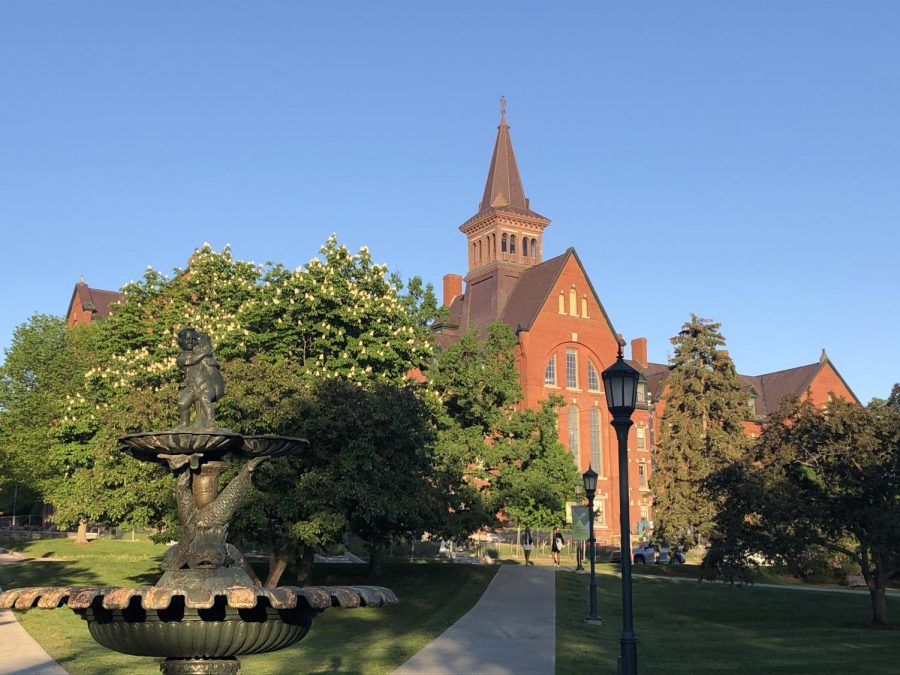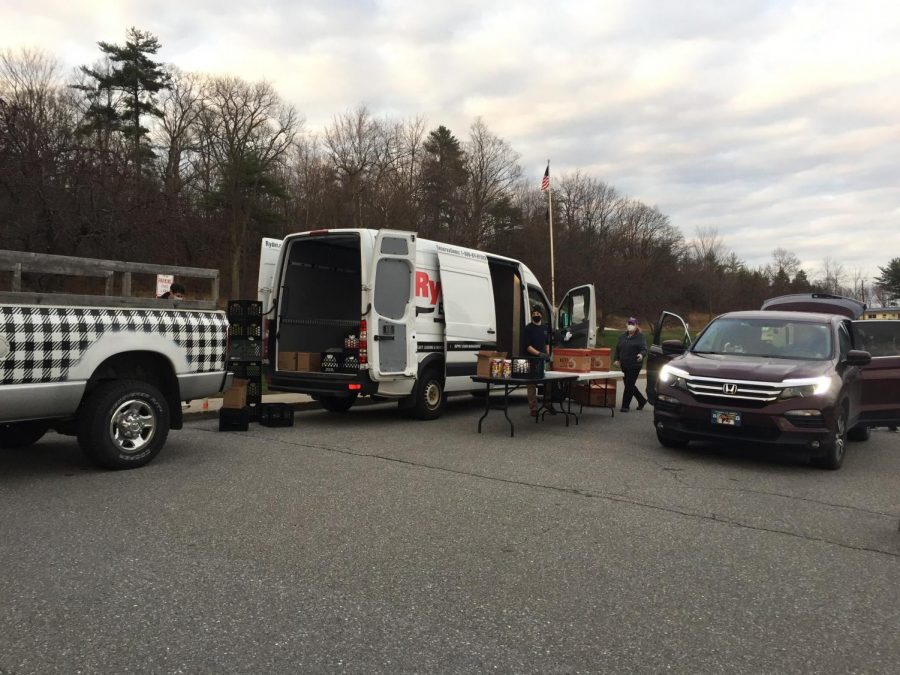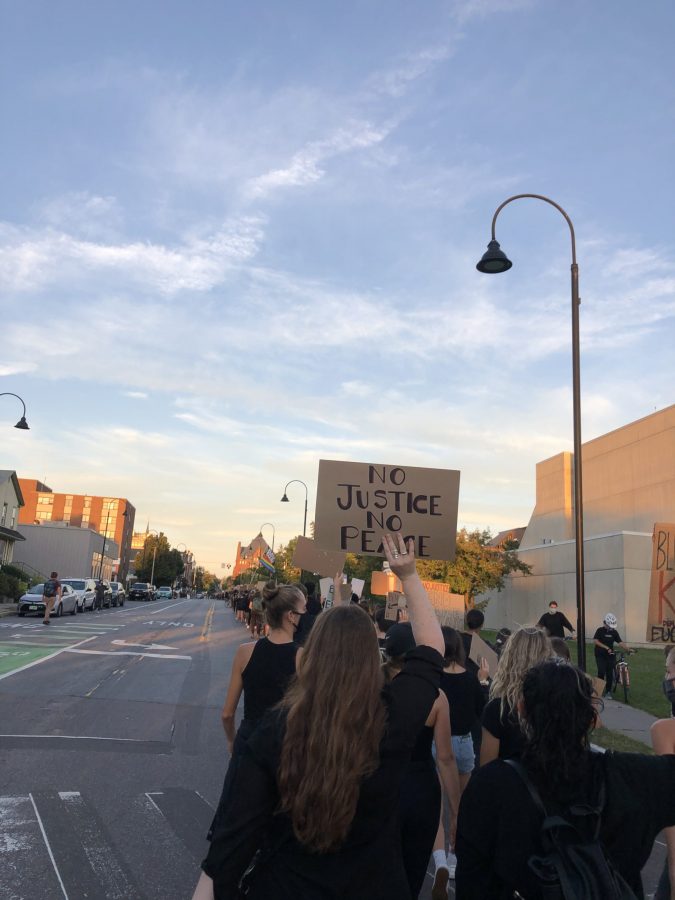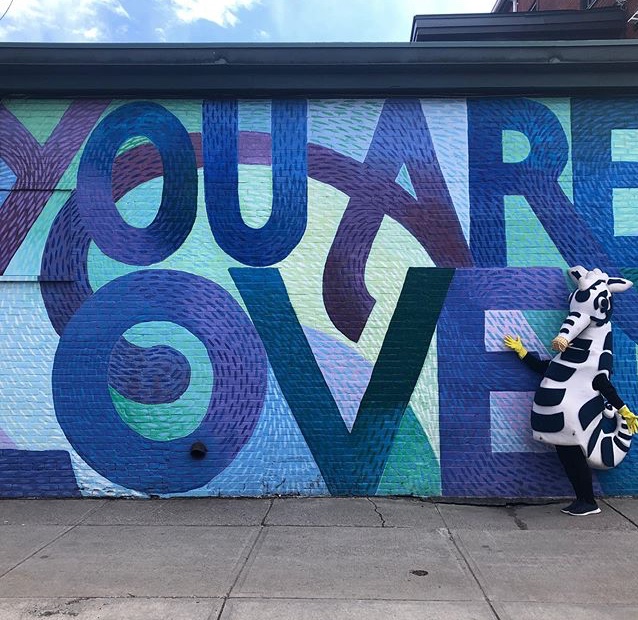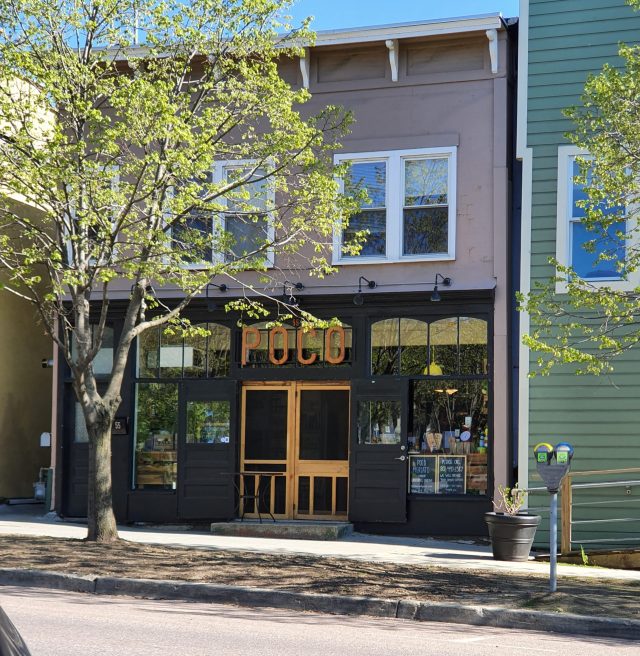Vermont Governor Phil Scott signed a marijuana legalization bill into law on Monday, January 22nd. This law legalizes the possession and recreational consumption of marijuana for adults over 21, and goes into effect on July 1st. Although the United States Government has a federal law stating that this is illegal, eight states have already legalized the use and possession of marijuana and many more have broadly legalized the use of medical marijuana.
Now, it is Vermont’s turn to hop onto the bandwagon –but not all Vermonters are looking forward to the ride. Vermont is the first state in the United States to pass this legislation through the legislature rather than through a ballot vote, and many Vermonters have conflicting opinions about legalizing marijuana. The BHS Register caught up with the oldest generation in Vermont to get some unique insight on this new bill, and what it would mean to our state.
Linda A and a few of her friends from Tai Chi class at the Heineberg Senior Center were out to lunch at The Bagel on North Ave, and had a lot to say about this new bill.
“I have some opinions,” Linda A said, receiving a knowing look from her friends (all of whom asked for their last names not to be used).
“I think [marijuana legalization] is a great revenue opportunity for the state of Vermont because people are using it a lot anyway,” Linda A said. She is a former teacher and worked in the field of alcohol and drug intervention.
Betty Nuovo, another Vermont senior citizen who resides in Middlebury, spent thirty out of her eighty-five years working as a Vermont legislator, and is still active in politics today.
“I think it’s a bad idea,” Nuovo said, regarding the new bill. Nuovo does not approve of legalizing marijuana for many reasons, but emphasises an idealistic outlook. “The main thing is that for a long time we’ve been talking about not having drugs, teaching children not to have drugs, [teaching] teenagers and parents not to use drugs and now we go and vote for us to have drugs. That seems upsetting.”
Others were concerned about how the legalized use of marijuana would affect non-users.
“My only concern is the driving aspect,” Linda O, another senior citizen enjoying lunch at The Bagel, said. “I don’t want to share the roads with people that are stoned any more than I want to share the road with somebody who’s drunk.”
Driving under the influence of marijuana can slow the reaction time of the driver, affect their coordination, and their judgement of time and distance. The 2016 National Survey on Drug Use and Health (NSDUH) reported that 20.7 million drivers older than 16 drove under the influence of alcohol and 11.8 million drove under the influence of some kind of illicit drug in 2016 in the United States.
“People that are responsible, users of anything, are still going to be responsible. The people who are irresponsible are still going to be irresponsible,” Linda A said. “It doesn’t matter if it’s marijuana, or some opioid.”
Although using marijuana is an individual decision, Nuovo worries about the impact it has on others — especially children.
“Children have the ability to find stuff,” Nuovo said. “When the parents hide it behind here or there, children will find it and use it.”
The same argument is true for other toxic items for young children, such as a bottle of wine or prescription medications that parents could leave on the kitchen table.
“It’s like alcohol. If they legalized alcohol, legalize marijuana,” Linda A said. “People are buying and using it anyway, let’s get some tax money from it! Just like cigarettes.”
However, the bill does not set up any means of taxing marijuana or regulating its production and sale.
“There are some [saying] oh, make a lot of money, we’ll make a lot of money…. [but there are] no taxes in the bill,” Nuovo said. “This bill does not have any money coming in.”
Nuovo wishes that the legislature had waited for a committee report on the effects of marijuana to come out before voting, especially because the potency of the drug has changed over the years.
“It’s very different from the sixties and seventies,” Nuovo said. “It’s much stronger.”
But, not all marijuana users want to get high. Linda A says she uses cannabidiol (CBD) hemp oil — a form of marijuana that has very low traces of THC — for medical reasons.
“I have problems, [and] they found that that [CBD] oil is helpful, and it is,” Linda A said. “[It’s helpful] for people with arthritis, for people with MS, people with anxiety, people with depression, [and] people who have addictions.”
Linda A believes that the legalization of marijuana will help the medical uses of the drug become more accessible to those who need it.
“For 40 years Vermont has grown some of the best marijuana in the United States,” Linda A added, drawing on her knowledge of the drug and alcohol intervention field.
“There’s the market for it, so the supply will come in,” Diane L, another senior citizen of Burlington eating at The Bagel, said.
As a last word of advice, Linda O urged all drug users to be responsible, whether it be with marijuana or any other substance.
“I make a hole in my backyard and I drop all the drugs in there,” Linda O said, referring to the leftover painkillers she took after a surgery. Her advice on appropriate drug ownership was seconded by her friends, who also encouraged Vermonters to be responsible.



